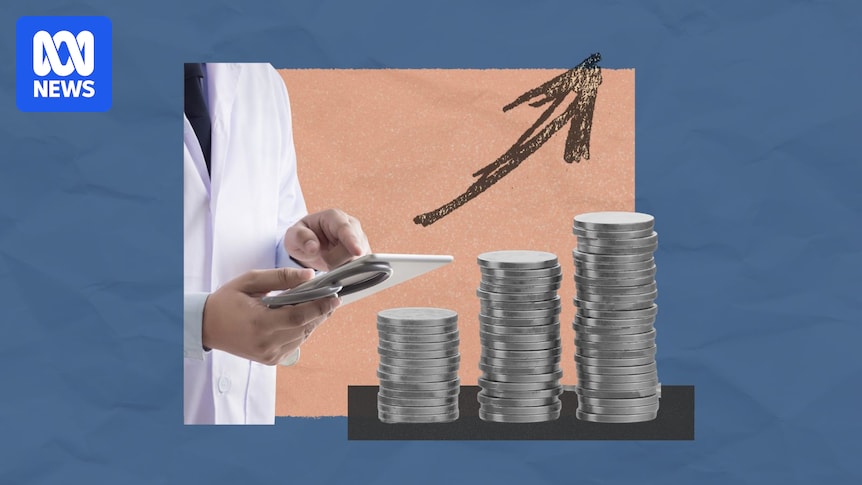
Tens of thousands of Australians withdrew more than $1.4 billion from their superannuation funds on compassionate grounds in the last financial year, marking a significant increase from previous years. The majority of these funds were used for medical expenses, including dental work, prompting concern from consumer groups and regulatory bodies.
The Australian Taxation Office (ATO) and the Australian Health Practitioner Regulation Agency (AHPRA) have expressed alarm over business models that exploit superannuation for “overly expensive or unnecessary medical treatments.” Under the ATO’s compassionate grounds scheme, Australians can access their superannuation for specific medical and financial emergencies, such as palliative care, disability, and home foreclosure.
Rising Trend in Medical Withdrawals
Since the 2018-19 financial year, the majority of approvals for compassionate release have been for medical treatment or transport. In 2024-25, $1.37 billion was approved for medical reasons, a substantial increase from just over $1 billion the previous year, and nearly $1 billion more than the $389 million approved in 2018-19.
The ATO has raised concerns about health practitioners and registered agents who are “inappropriately supporting individuals to access their superannuation on compassionate grounds, particularly for cosmetic procedures that aren’t aligned to compassionate release requirements.”
“While superannuation can be accessed early under compassionate grounds, this is strictly available in very limited circumstances including for critical medical and dental procedures,” said deputy commissioner Emma Rosenzweig.
Industry Practices Under Scrutiny
Super Consumers Australia CEO Xavier O’Halloran highlighted reports of individuals being “massively overcharged” by medical practitioners when accessing their superannuation. “There’s some pretty poor practice out there. We’ve heard of cases where consumers were being given costings well above industry standards and basically people being taken advantage of,” he stated.
O’Halloran emphasized the importance of not blaming individuals for withdrawing their super for legitimate reasons, noting that dental procedures are a significant driver due to inadequate healthcare coverage for dental costs.
Dental and Other Medical Treatments
Dental procedures accounted for $817.6 million of the approved funds in 2024-25, making them the most common reason for early superannuation withdrawals. Additionally, $254.9 million and $74.2 million were approved for weight loss and IVF treatments, respectively, both of which saw increases from the previous year.
For approval of early superannuation withdrawal on medical grounds, two medical practitioners must verify the necessity of the treatment to alleviate pain, treat a life-threatening condition, or address mental illness. The ATO reported that 30% of the 93,500 applications for all medical treatments last year were rejected for not meeting the compassionate release criteria.
“We are seeing practitioners making inaccurate statements in medical reports. The ATO relies on medical and dental professionals to act in the best interests of their patients to prepare accurate reports regarding their diagnoses and the required treatment strategy,” deputy commissioner Ms Rosenzweig noted.
In response to these concerns, AHPRA and the Dental and Medical Boards of Australia have issued new guidelines for practitioners, emphasizing the need for thorough assessments that prioritize patient health over financial incentives.
Demographic Insights and Economic Implications
Data shows that individuals aged 31-55 were the most likely to withdraw their super early on compassionate grounds, accounting for 75% of withdrawals in 2024-25. Australians earning between $45,001 and $120,000 made up over 60% of all approvals, with Queensland, New South Wales, and Victoria having the highest numbers of approved residents.
Women comprised 54% of those accessing super on compassionate grounds, with the gender gap narrowing since 2018-19 when women made up 64% of withdrawals. Experts warn that early withdrawal of superannuation can significantly impact retirement savings, particularly for women.
Mr O’Halloran advised, “People should always seek a second medical opinion as withdrawing money from superannuation has a lasting economic impact.”
As regulatory bodies and consumer groups continue to monitor these trends, the focus remains on ensuring that Australians can access necessary medical treatments without jeopardizing their financial futures.







